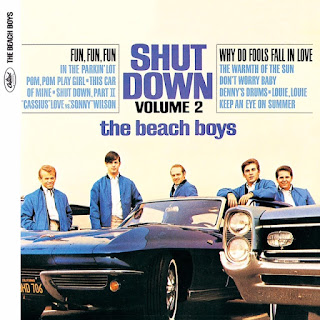Music has been fundamental to my life since I was a child in Calcutta. Moving to Britain in the 1950's provided me with the opportunity to grow up in London in the 1960's. An extraordinary time to be alive.
Now, late in my life I have been blessed with another opportunity to use my love of music and the fact that I was surrounded by so much socio-cultural change and to share these experiences with others; I use my alter ego daddy cool on a radio show on 97.5 FM where I put on a show called the Beatles and Beyond.It’s central theme is of course music by the Beatles and the rest of the performers that came along in that decade. It just so happens, that’s so much of the iconic events are coming up with their 50th anniversary‘s now. It gives me a jumping off point to select music to play.
I do try and emphasize particular occurrences that had consequences outside of the entertainment business. But as it is essentially a music show so I do not raise too many of those events. It does weigh heavily on me that so many people and so much of TV and movies of that era, emphasize the youthfulness and joyfulness only, however, if you were there, you would know about the dark underbelly of those times.
I strongly encourage everyone to watch the Netflix original show The Trial of the Chicago seven. It is an amazing representation of just one event; a slice of time that seems to have been a part of a Monty Python show. It is about the trial, originally of young men Who went to the Democratic national convention in Chicago in August 1968. They wanted to voice their concern over the handling of the war and the Draft. What happened was a riot that they were blamed for, and as you see in the show the root cause of the riot was the actions of the Chicago police force and Chicago City Hall.
One of the Chicago eight was Bobby Seale A member of the black panther group. The way he was treated by the judicial system is an outrage. In an effort to keep the court room activity moving, they removed him from that setting.
The Sixties we’re NOT just about peace and love and music. There was a huge Movement to change the established guard , or in the phraseology of the Times "stick it to the man!"

























